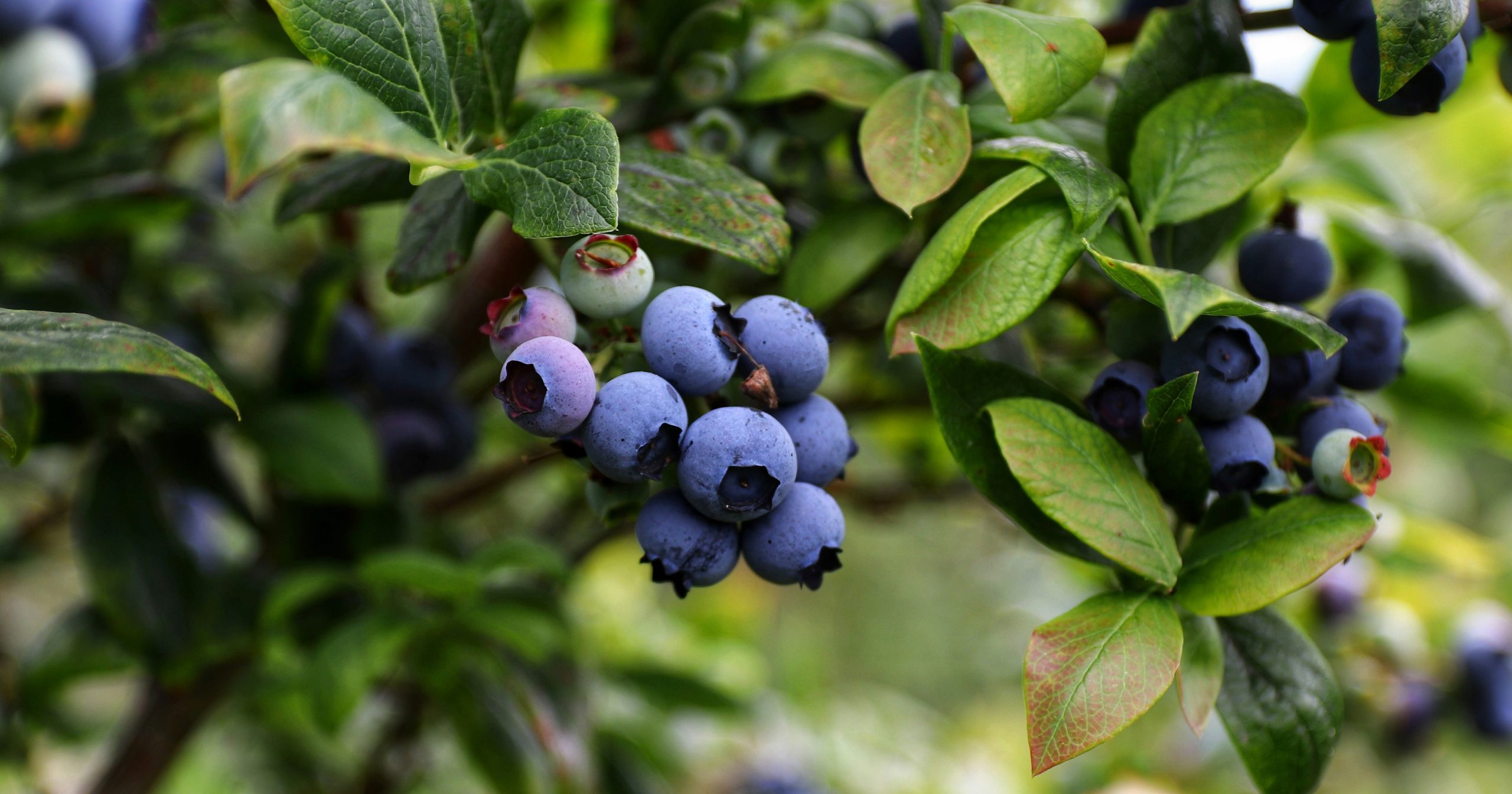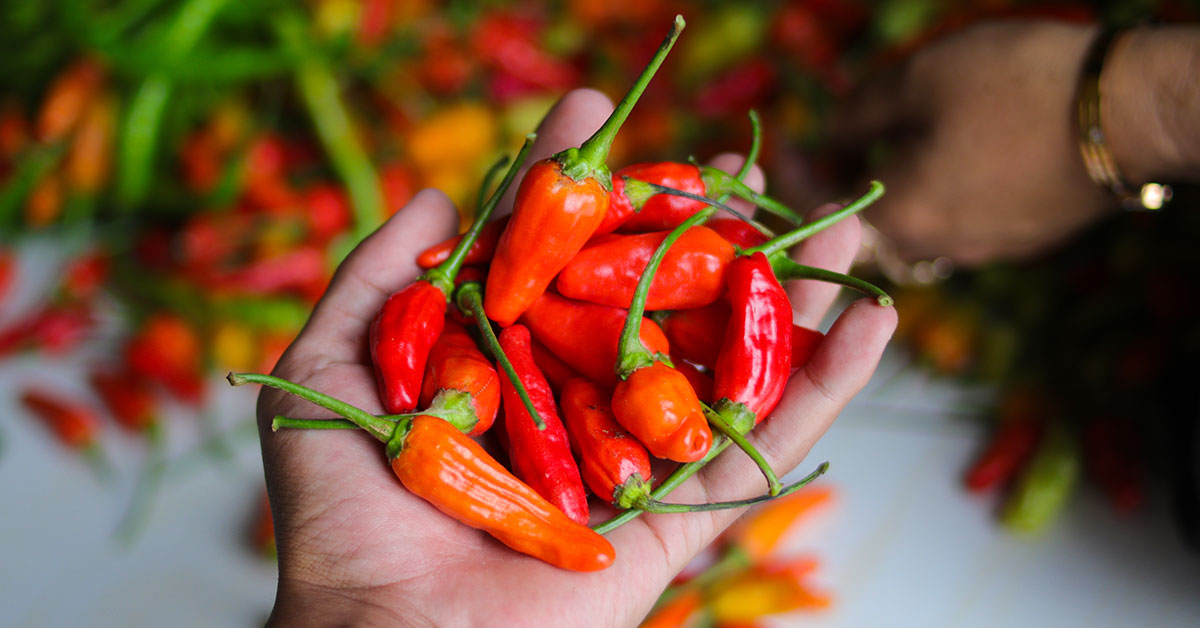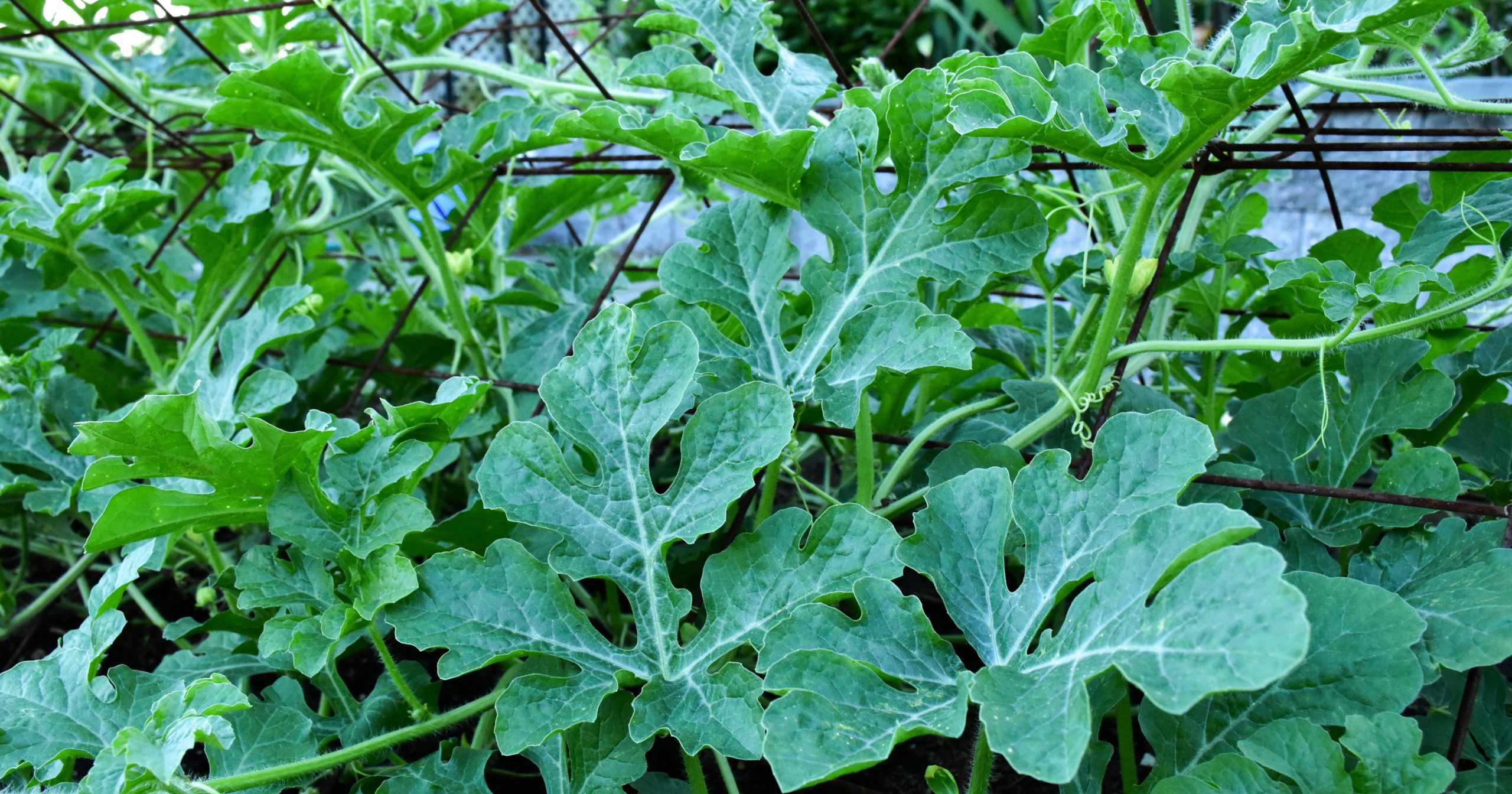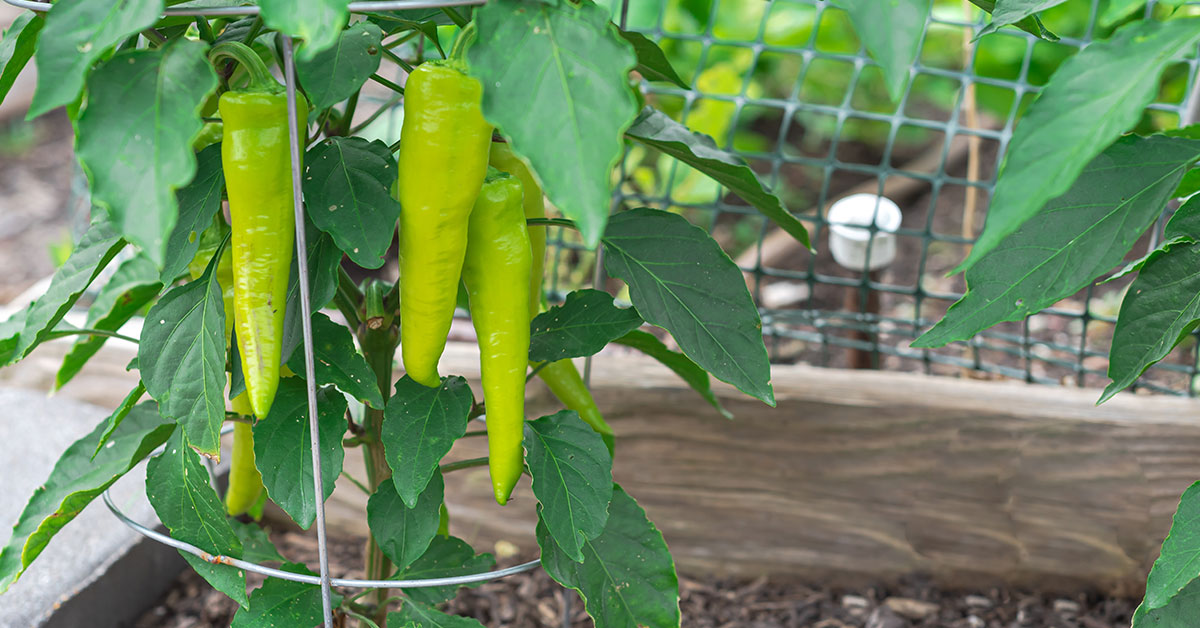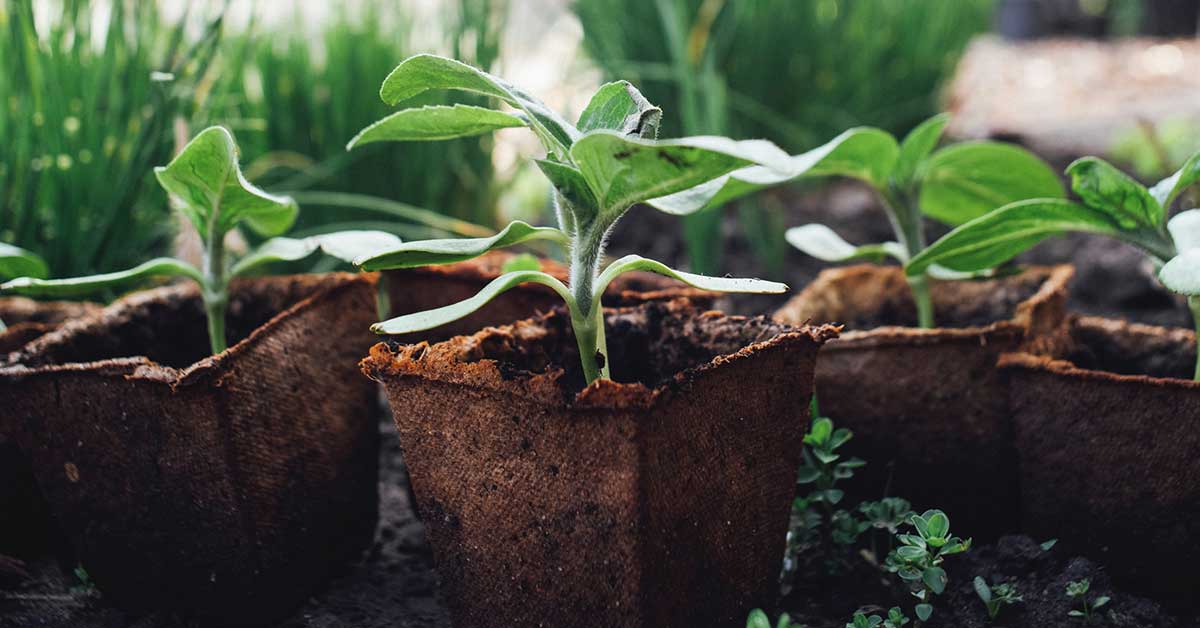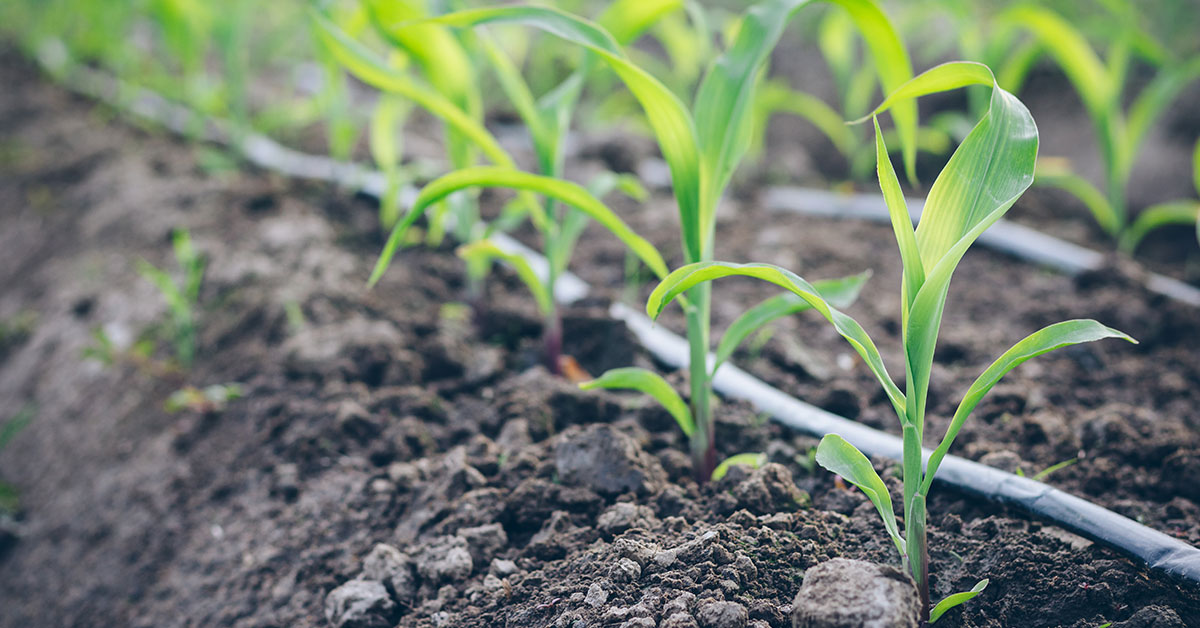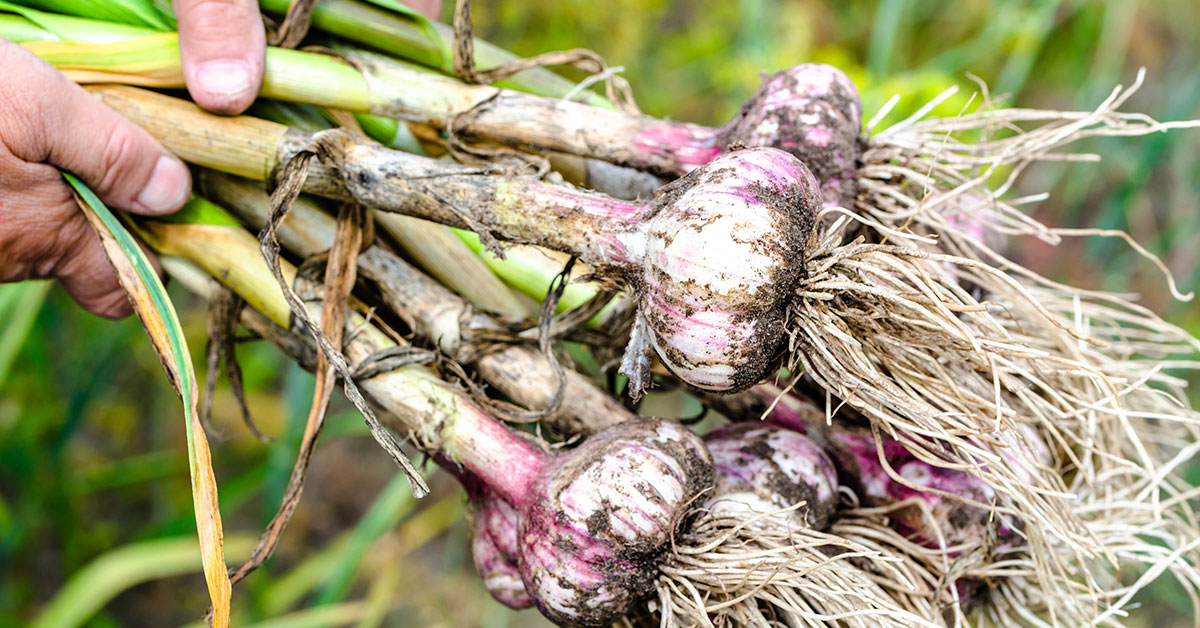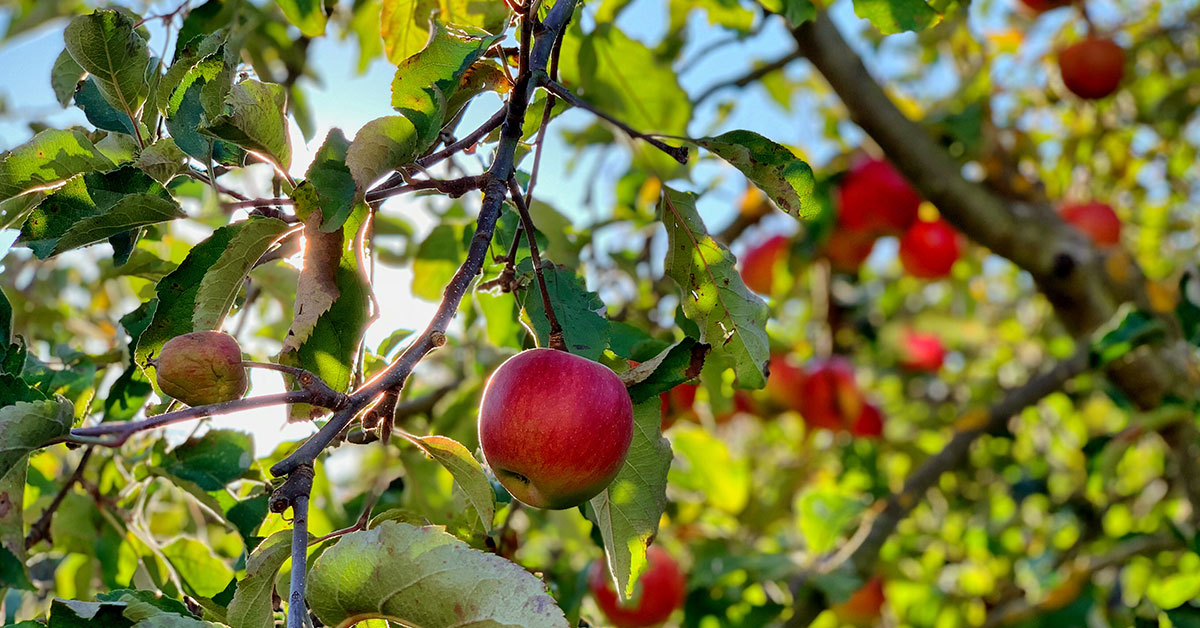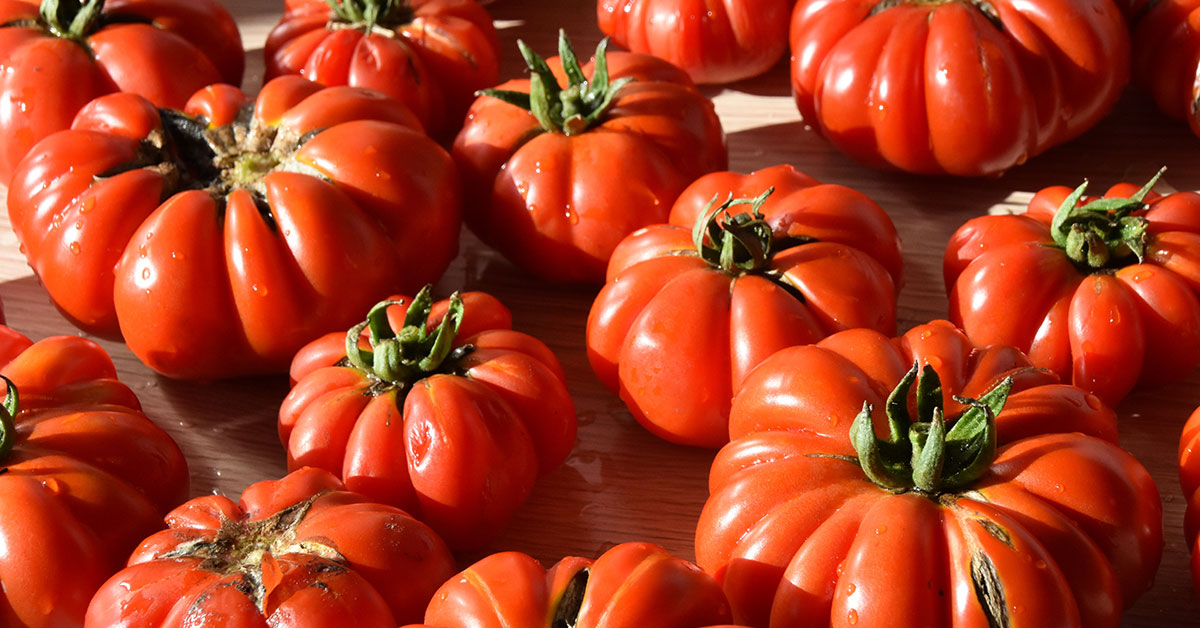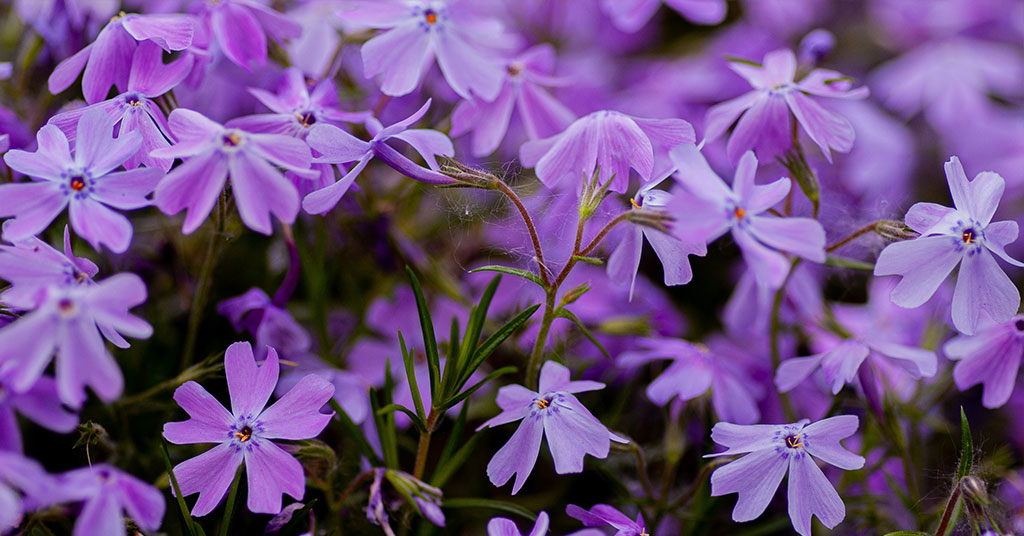Embarking on the journey of growing your own fruits as a beginner gardener is both exciting and rewarding. Whether you have a spacious backyard or just a few pots on a balcony, cultivating easy-to-grow fruits can offer a delightful experience and a fruitful harvest.
In this guide, we will explore a selection of fruits perfectly suited for novice gardeners, offering tips and insights to help you nurture your plants from seedlings to ripe, juicy produce. From strawberries cascading out of hanging baskets to the satisfying crunch of homegrown apples, there’s a world of flavors waiting to be cultivated in your backyard.
Strawberries
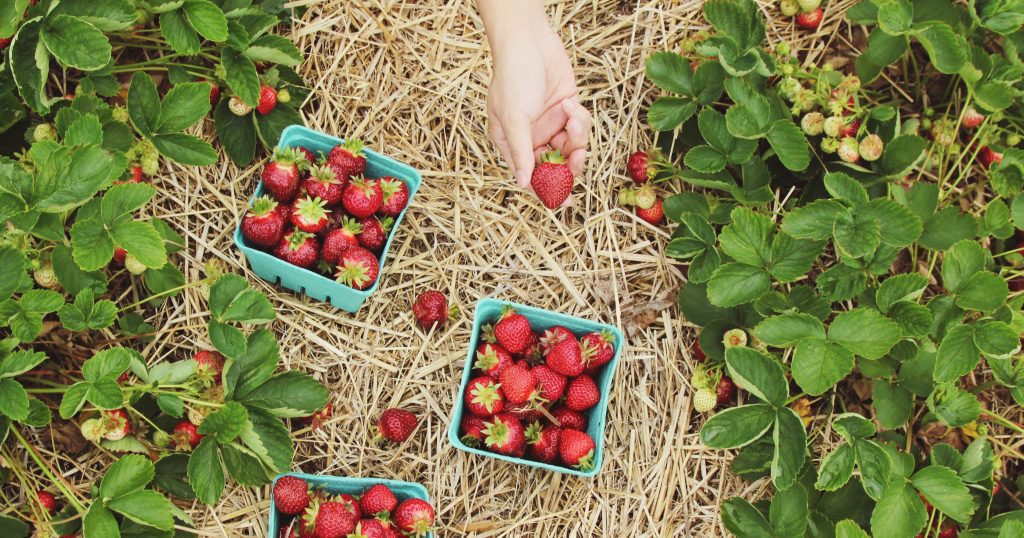
Strawberries are a quintessential choice for beginner gardeners due to their ease of cultivation and rewarding yield. These resilient plants thrive in various conditions, making them adaptable to different climates and soil types. With minimal maintenance requirements, strawberries are forgiving of occasional neglect, making them ideal for those new to gardening.
Their quick growth and ability to propagate through runners mean that even a small initial investment in plants can result in a plentiful harvest year after year. Whether grown in traditional garden beds, hanging baskets, or containers, strawberries offer an accessible entry point into fruit gardening, providing beginners with the satisfaction of growing their own delicious, juicy berries.
Raspberries
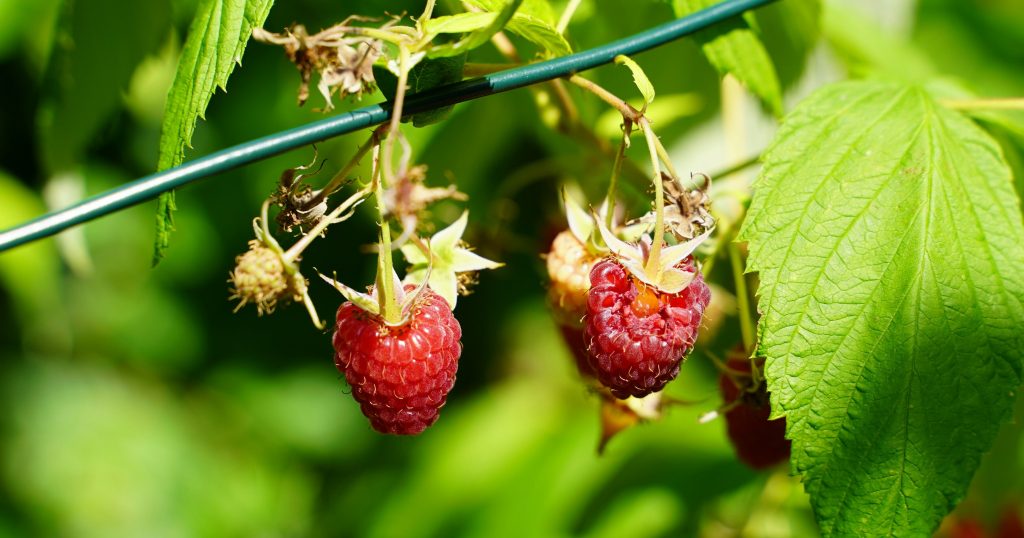
Raspberries stand out as an ideal choice for novice gardeners due to their straightforward cultivation process. These resilient plants thrive in various climates and soil types, requiring minimal maintenance once established. With their fast growth and high yield, beginners can quickly enjoy the fruits of their labor.
Raspberries are also versatile, offering fresh consumption or culinary use in an array of dishes. Their natural resistance to pests and diseases further simplifies the growing experience, providing a rewarding harvest with little intervention. The simplicity of raspberry cultivation makes it an accessible and gratifying endeavor for those new to gardening.
Blueberries
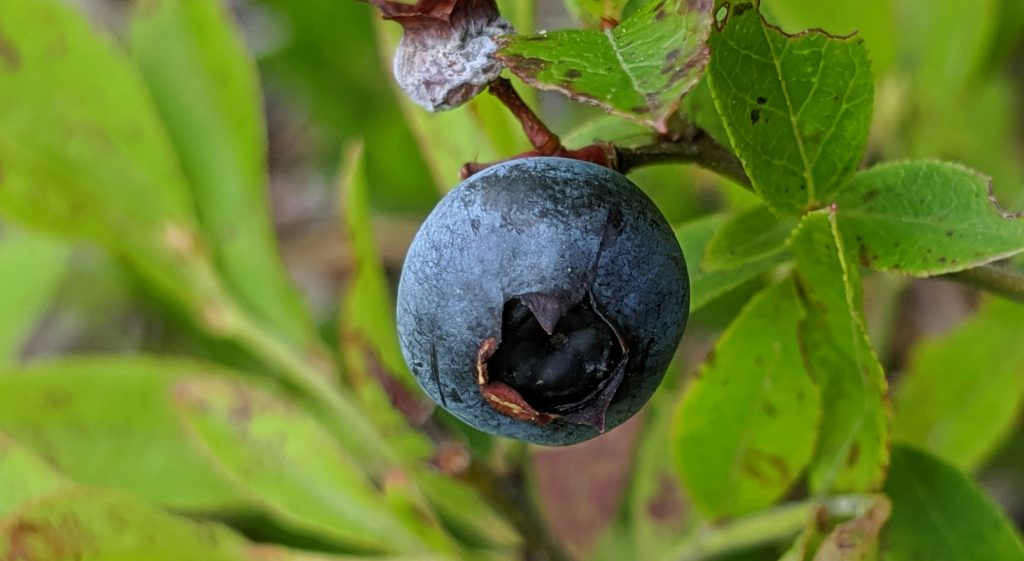
Blueberries are an excellent fruit choice for novice gardeners, renowned for their ease of cultivation and rewarding harvests. These hardy bushes thrive in acidic soil and prefer sunny locations, but they can adapt to various climates and conditions with minimal fuss. Once established, blueberry plants require relatively low maintenance, needing only regular watering and occasional fertilization. Their perennial nature means they return year after year, providing a steady supply of delicious berries without the need for replanting.
With their compact size and attractive foliage, blueberry bushes also make lovely additions to both garden beds and containers. Beginners will appreciate the simplicity of growing blueberries, as well as the flavorful and nutritious fruits they yield for fresh eating, baking, or preserving. Overall, blueberries offer a satisfying and accessible fruit-growing experience for those just starting out in gardening.
Blackberries
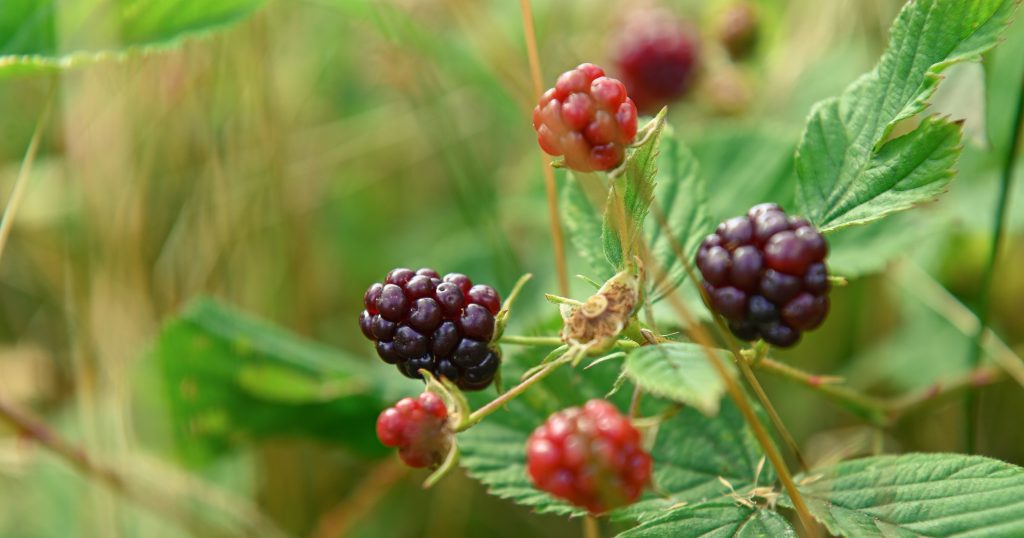
Blackberries are an excellent choice for beginner gardeners due to their ease of cultivation and prolific growth habits. These hardy perennial bushes thrive in a wide range of climates and soil conditions, making them adaptable to various garden settings. Once established, blackberry plants require minimal maintenance, with regular watering and occasional pruning being the primary tasks.
Their vigorous growth often results in abundant harvests of sweet, juicy berries that are perfect for fresh eating, baking, or preserving. Additionally, blackberry bushes can spread quickly, filling in garden spaces and providing a natural privacy barrier. It may be wise to plant them in pots if you don’t want them to overwhelm and choke out other plants in your garden.
Like raspberries, blackberries are hardy plants that can tolerate different soil types and climates. They can be grown as bushes or trained to climb on trellises. Blackberries thrive in sunny locations and benefit from regular pruning to maintain productivity.
Apples
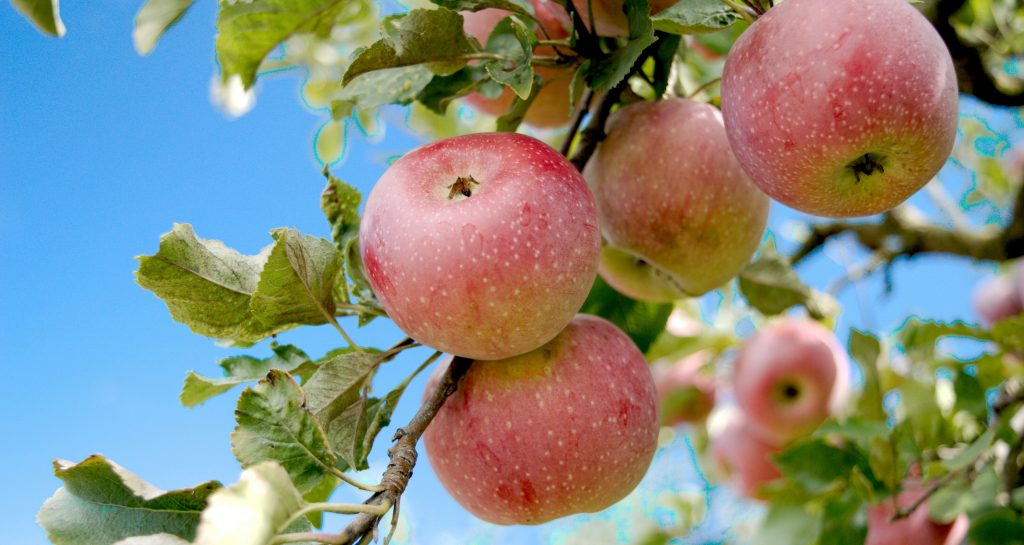
Apples are surprisingly accessible for beginner gardeners, offering a satisfying and rewarding growing experience. While apple trees do require some initial care and attention, they are generally easy to maintain once established. They thrive in a variety of climates, though some varieties may perform better in certain regions.
With proper soil preparation and adequate sunlight, apple trees can flourish in home gardens, producing crisp, flavorful fruit year after year. Regular watering, occasional fertilization, and pruning to maintain shape and promote airflow are the primary maintenance tasks. Additionally, apple trees are self-pollinating or can be cross-pollinated with another compatible variety nearby, simplifying the pollination process for beginners.
With a diverse range of apple varieties available, each offering unique flavors and characteristics, novice gardeners can easily find a cultivar suited to their tastes and growing conditions. Overall, the resilient nature of apple trees and the abundance of resources available make them an excellent choice for those new to fruit tree cultivation.
Citrus
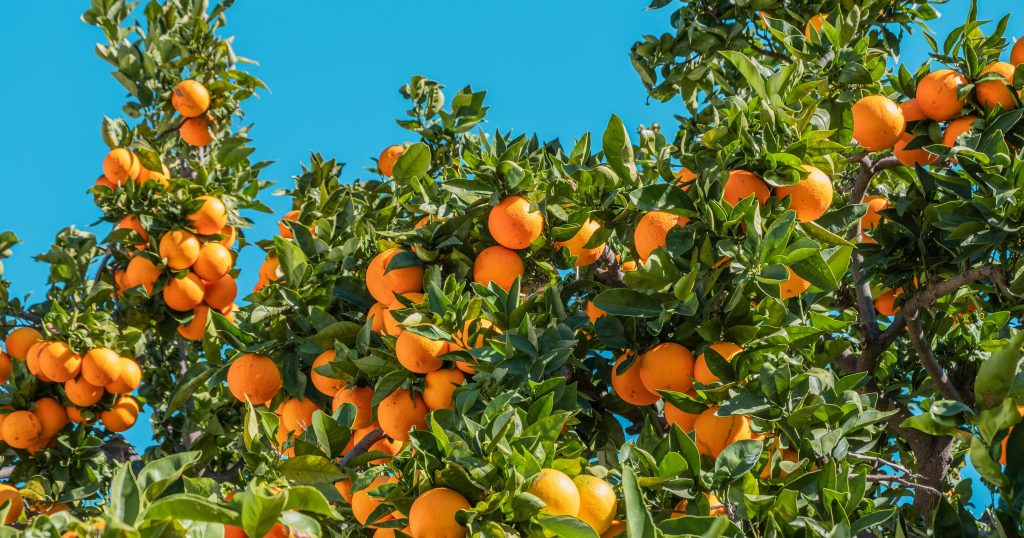
Citrus fruits, such as oranges, lemons, limes, and grapefruits, are surprisingly beginner-friendly fruits to grow, offering both beauty and practicality to home gardens. While they may require a bit more attention in regions with colder climates, they thrive in warm, sunny environments, making them ideal for many gardeners. Citrus trees are generally low-maintenance once established, requiring regular watering, well-draining soil, and occasional fertilization.
They also benefit from protection against frost during colder months. With their evergreen foliage and fragrant blossoms, citrus trees provide visual appeal year-round, and their delicious fruits are a delightful reward for gardeners. Furthermore, citrus fruits are versatile in culinary use, adding zest to dishes and beverages, making them an attractive option for beginners seeking both ornamental and practical benefits in their garden endeavors.
In regions with mild climates, citrus trees like lemons, oranges, and limes can be grown with relative ease. They require well-draining soil, regular watering, and protection from frost during colder months. Container-grown citrus can be moved indoors during winter in colder climates.
Grapes
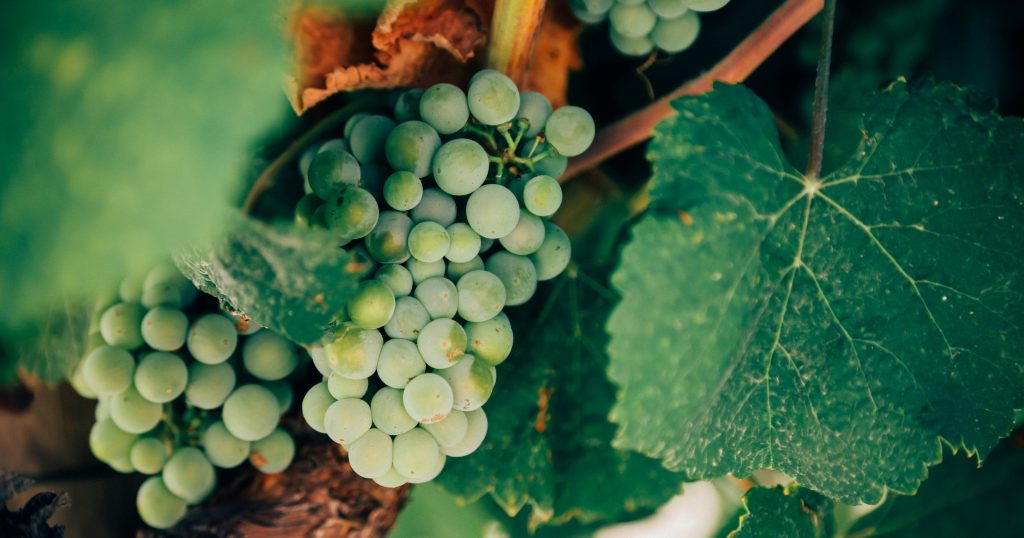
Grapes are an excellent choice for beginner gardeners due to their relatively low maintenance requirements and prolific fruiting capabilities. These hardy vines thrive in a variety of climates and soil types, making them adaptable to different garden environments. Once established, grapevines require minimal care, primarily consisting of regular watering, pruning for proper growth and fruit production, and occasional fertilization. With proper support structures, such as trellises or arbors, grapevines can easily be trained to grow vertically, maximizing space in the garden.
Grapes also have few pest or disease issues, further simplifying cultivation for beginners. Their sweet and juicy fruits can be enjoyed fresh off the vine or used in winemaking, jams, jellies, and desserts, providing a versatile and rewarding harvest for novice gardeners.
Grapevines are forgiving plants that can thrive in various soil types. They require a sturdy support structure such as a trellis or arbor for climbing. Grapes need full sun and regular pruning to control growth and promote fruiting.
Peaches
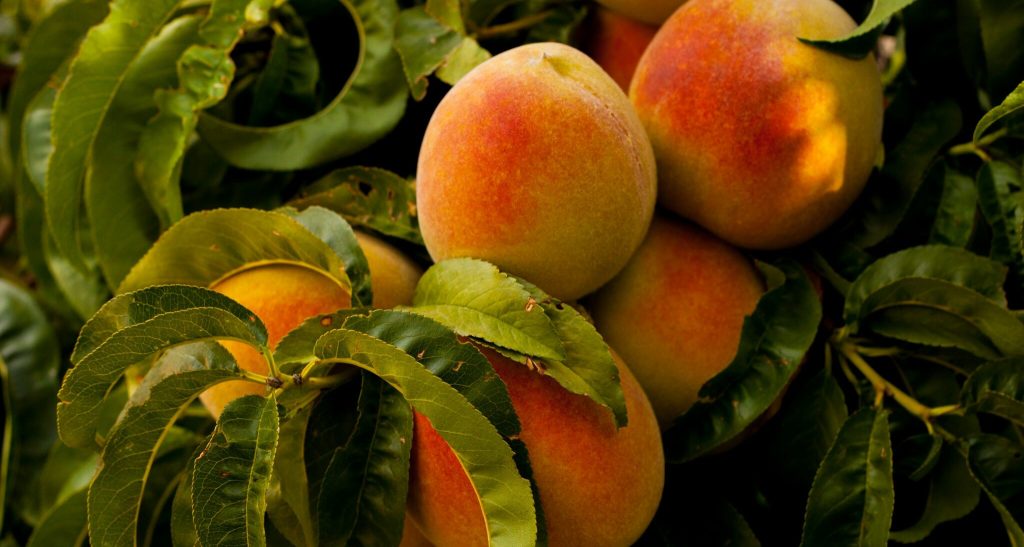
Peaches are surprisingly easy for beginner gardeners to grow, offering delicious fruit and ornamental beauty to the garden. These fruit trees thrive in warm, sunny climates and well-drained soil, making them adaptable to various regions. Once established, peach trees require minimal maintenance, primarily consisting of regular watering, fertilization, and pruning to maintain shape and encourage fruit production. Additionally, many peach tree varieties are self-pollinating, simplifying the growing process for beginners who may not have space for multiple trees.
With their attractive pink blossoms in spring and juicy, flavorful fruit in summer, peach trees provide both visual appeal and practicality to the garden. Whether enjoyed fresh, grilled, baked into pies, or preserved as jams and preserves, peaches offer a delicious reward for novice gardeners with relatively little effort.
While they require a bit more attention than some other fruits, peaches can still be grown by beginners with success. They need full sun, well-drained soil, and regular pruning for airflow and fruit production. Choose disease-resistant varieties suitable for your climate.
